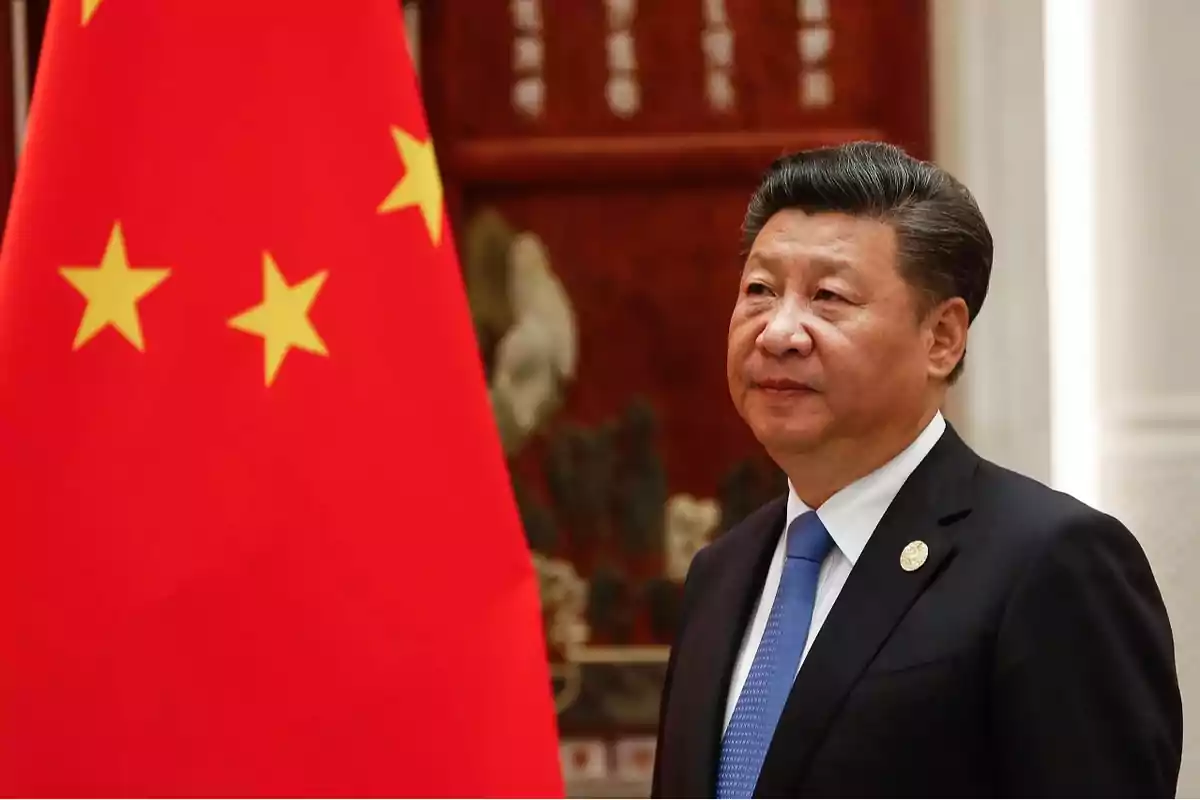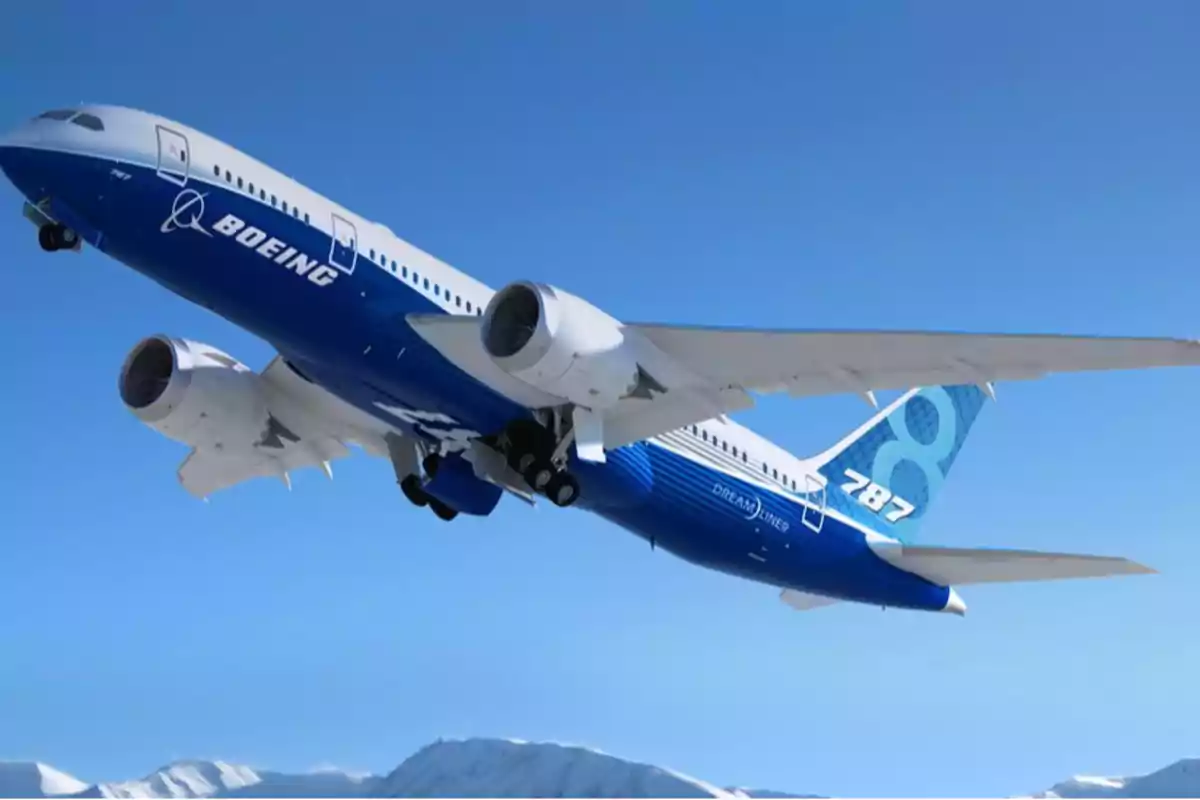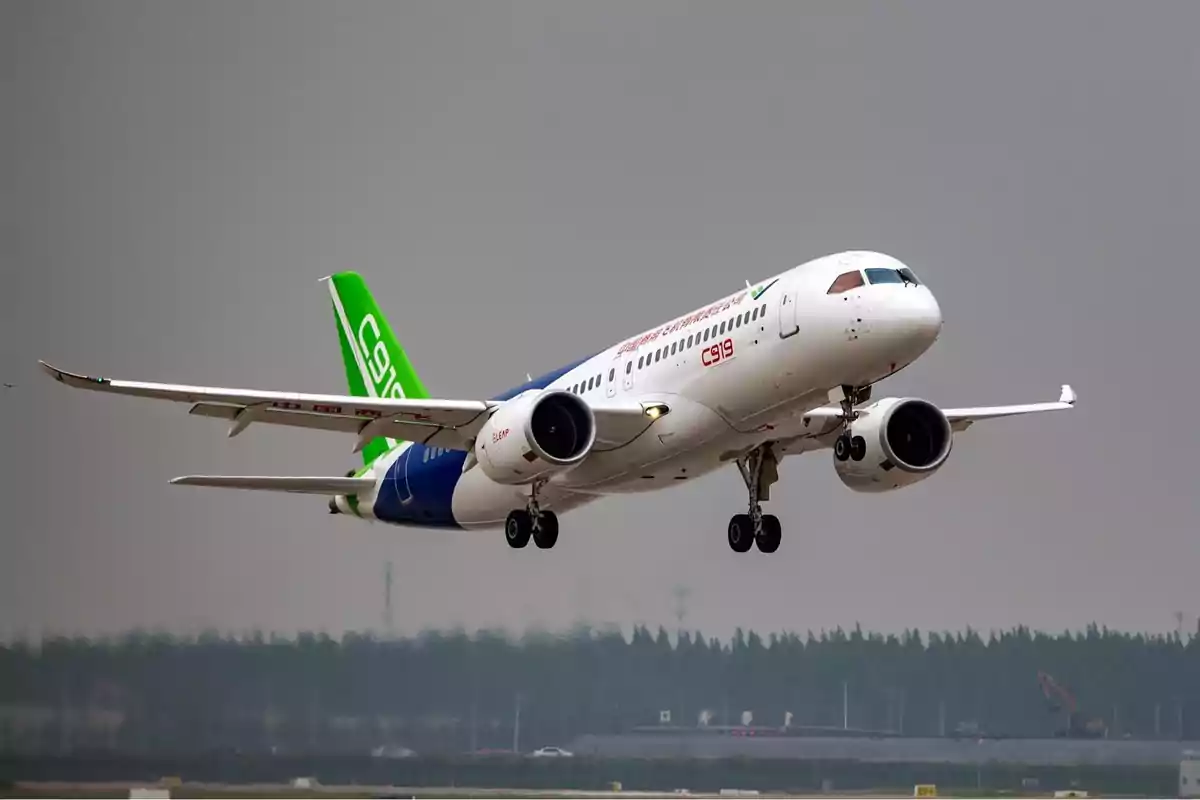
China intensifies the trade war with the US and bans new Boeing deliveries
Xi Jinping's regime continues escalating the trade war with the United States and will now block the supply of Boeing aircraft
Chinahas banned its airlines from accepting new deliveries of Boeing aircraft in direct response to the tariffs recently imposed by former U.S. President Donald Trump.
This measure also extends to the purchase of U.S.-origin aircraft equipment and spare parts, significantly affecting companies like Boeing, which has already seen its shares fall by up to 4.5% in pre-market trading.
The conflict is part of a growing trade war between the world's two largest economies. China imposed tariffs of 125% on U.S. products, significantly increasing the cost of U.S.-made aircraft and making their practical acquisition by Chinese airlines impossible.

As retaliation, the United States replied with tariffs of up to 145% on Chinese goods. The situation has created uncertainty in the aviation industry and has put Boeing in a delicate position, as it loses access to one of its key markets. China represents approximately 20% of the projected global demand for aircraft over the next two decades.
This is not the first time Boeing has become a point of friction between the two countries. China was the first country to ground the 737 Max model after the two fatal accidents in 2019 and one of the last to allow its return to service.
Now, the ban reinforces Beijing's attempts to boost its national aviation industry, represented by the C919 from the state-owned company Comac. However, this aircraft has had little success in the international market and fails to completely replace the country's reliance on Western manufacturers.

Despite the restriction, some Boeing 737 Max are already in the process of being incorporated into Chinese airlines. According to data from the Aviation Flights Group, there are about ten aircraft ready for delivery, some in Seattle and others at Boeing's completion plant in eastern China.
If the paperwork and payments were completed before April 12, the date on which the reciprocal tariffs came into effect, they could receive approval for entry.
Meanwhile, the Chinese government is evaluating ways to support airlines leasing Boeing aircraft and now facing higher costs. The impact of these tariffs extends beyond China.

In the United States and Europe, airlines like Delta Air Lines and Ryanair have expressed their intention to delay deliveries if the aircraft become more expensive due to the additional tariffs.
Michael O'Leary, CEO of Ryanair, indicated they might delay the reception of 25 Boeing aircraft scheduled for August, as they won't need them until 2026.
The situation has hit investor confidence. Boeing has lost 7% of its market value since the beginning of the year. Additionally, its CFO warned that the tariffs could affect the availability of parts from suppliers. Some shareholders have also criticized the company for an alleged lack of investment in engineering.

Financial markets have shown volatility since the introduction of the tariffs on April 2. However, there was a significant recovery following statements from Trump indicating he might suspend tariffs on products like smartphones and laptops.
In Asia, markets reacted positively to signs of relief for the automotive industry, with rises in the Japanese Nikkei and South Korean Kospi. Trump stated he is considering support measures for car manufacturers needing more time to relocate their production outside countries like Canada and Mexico. However, the threat of a 25% import duty on imported vehicles remains in place.
In Europe, markets also recorded moderate gains, driven by optimistic comments from U.S. Vice President JD Vance, who expressed confidence in reaching a trade agreement with the United Kingdom.

More posts: